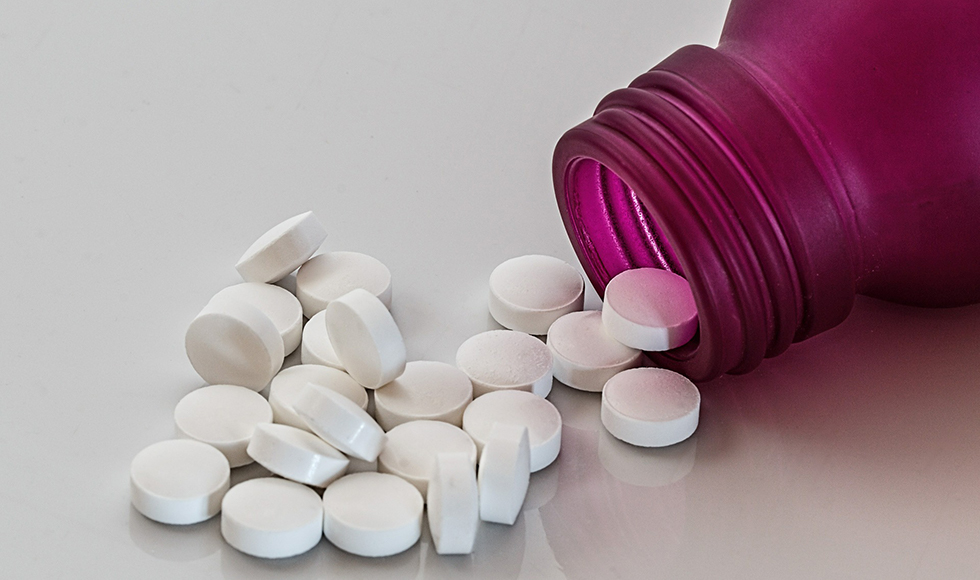Antidepressant fluvoxamine can save COVID-19 patients, McMaster-led research shows

An inexpensive oral antidepressant can save the lives of COVID-19 patients and cut hospital admissions by up to 30 per cent, says a study co-led by McMaster researcher Ed Mills. (Pixabay image)
August 17, 2021
An inexpensive oral antidepressant can save the lives of COVID-19 patients and cut hospital admissions by up to 30 per cent, says a study co-led by McMaster University.
McMaster researcher Ed Mills and his team treated 738 randomly selected Brazilian COVID-19 patients with fluvoxamine, while another 733 received a placebo, between Jan. 20 and Aug. 6 of this year.
Every patient receiving fluvoxamine during the trial is tracked for 28 days to determine their health outcomes and if they still need hospital treatment.
Researchers found about a 30-per-cent reduction in events among those receiving fluvoxamine compared to those who did not.
The fluvoxamine trial formed part of the larger TOGETHER Trial that started in May 2020, aiming to test potential COVID-19 treatments in a community setting.
TOGETHER Trial scientists tested eight drugs, including hydroxychloroquine, metformin, kaletra and ivermectin, but only fluvoxamine had a positive effect on COVID-19.
“Fluvoxamine is the only treatment that, if administered early, can prevent COVID-19 from becoming a life-threatening illness,” said Mills, co-principal investigator for the TOGETHER Trial and a professor of McMaster’s Department of Health Research Methods, Evidence, and Impact. “It could be one of our most powerful weapons against the virus and its effectiveness is one of the most important discoveries we have made since the pandemic began.
“In addition, this cheap, easily-accessible pill is a massive boon to public health, both in Canada and internationally, allowing hospitals to avoid expensive and sometimes risky treatments.”
Costing about $4 per 10-day course, fluvoxamine could be a game-changer for poorer countries with low vaccination rates and lacking access to more advanced COVID-19 therapies, Mills said.
Fluvoxamine has been used since the 1990s and its safety profile is well-known. It was identified early in the pandemic for its potential to reduce cytokine storms — severe immune responses to COVID-19 that can cause potentially lethal organ damage.
Joining McMaster’s scientists in the TOGETHER Trial were researchers from the CardResearch Cardiologia Assistencial e de Pesquisa LTDA in Brazil.
The researchers will soon submit their findings to a medical journal for peer review. They have also submitted their research to the U.S.-based National Institutes of Health and the World Health Organization.


